7 March 2022
First things first: Do you know what organic honey is?
Organic honey is each regular honey that has been made by the same types of bees which are managed with specific methods.
Exactly as in standard agriculture, there are guidelines for how the colony of bees must be managed in order to market the organic honey.
Generally, bees produce organic honey, when they live in an area free of pesticides and genetically modified crops (GMO) and the colony itself is kept healthy without any synthetic chemicals. This characteristic doesn’t mean no chemicals, it just means that only the approved organic chemicals are used.
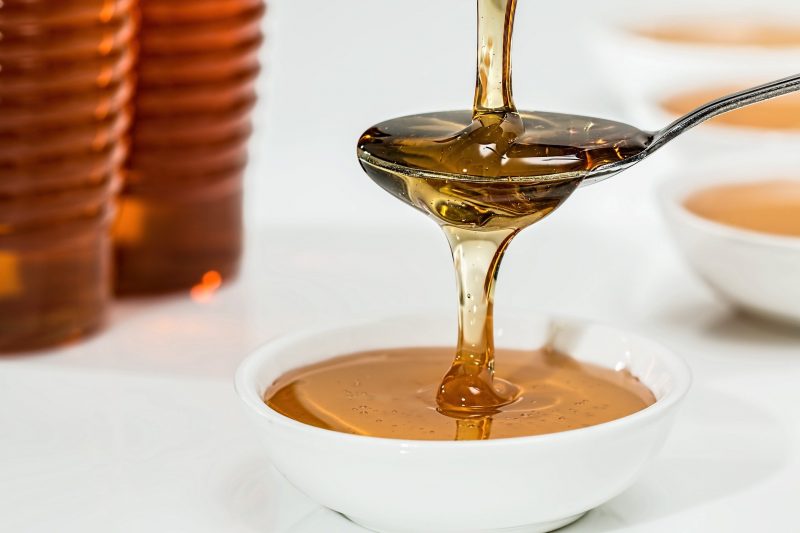
There is something we should keep in mind when we decide to buy honey.
There are two different word we should consider: organic and raw. Those are two different terms used to describe honey. Specifically, honey can be raw, but not organic and vice-versa. If honey is organic, it means it is supposed to come from bees that have foraged for pollen on flowers that have not been exposed to any synthetic pesticides or herbicides.
Moreover, it is also supposed that from a beekeeping operation, it is not used a synthetic pest control on the bees. Beyond this, the honey can then be treated any way; in fact, they can heat or filter the honey as desired during honey extraction and production prior to the customer receiving the honey.
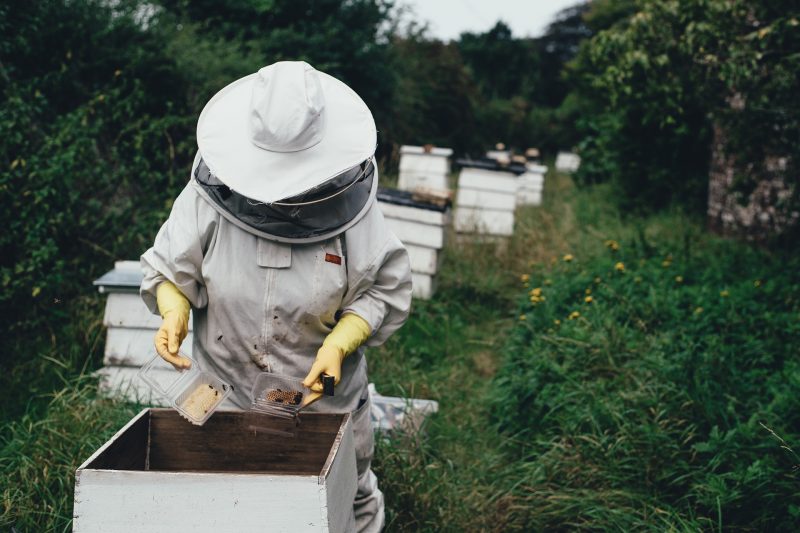
There is something else that we all should know about the honey: the great workers who are behind the honey we eat, really need our care and protection, even if we are not beekeepers!
Here some very interesting numbers we should consider:
We should all concerns about bees’ protection. The role of this insect is essential to guarantee the production and quality of agriculture as well as biodiversity. Almost 80% of crops in Europe depend precisely on the pollinations of insects.
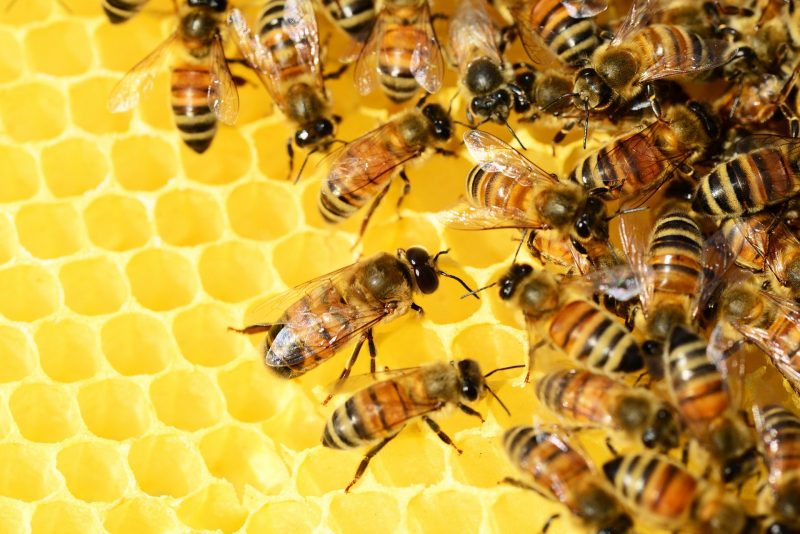
As a result of this increasing public awareness of the decline in pollinating insect populations, European citizens launched an initiative to protect bees in 2019. Specifically, through this initiative, the Commission was asked to phase out the use of pesticides in agriculture in the EU and to support farmers in the transition to agronomic practices sustainable.
h-ALO have really at heart bees. And you?


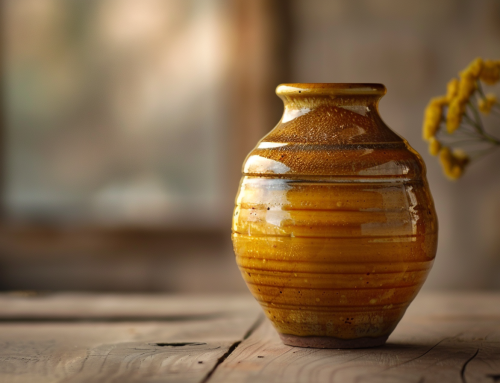
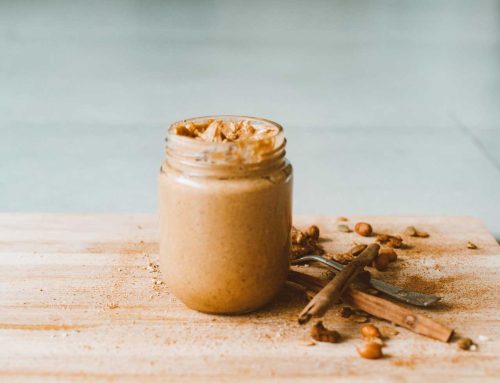
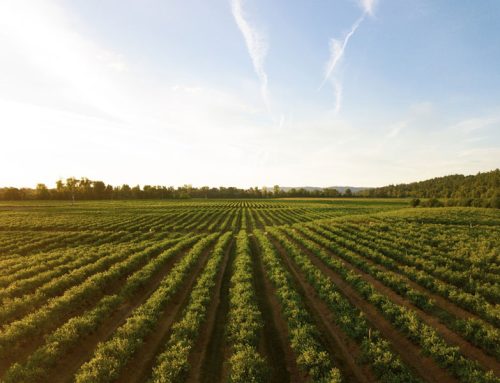
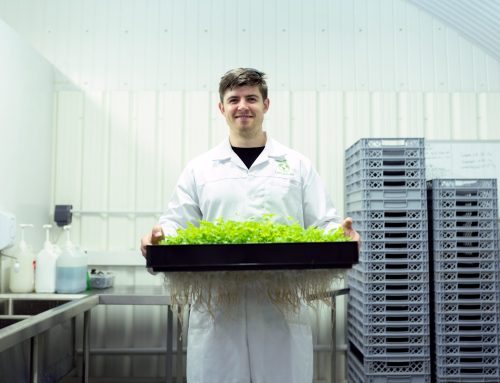
Organic honey is rich in antioxidants, boosts immunity, provides natural energy, aids digestion, promotes skin health, supports wound healing, and soothes coughs.